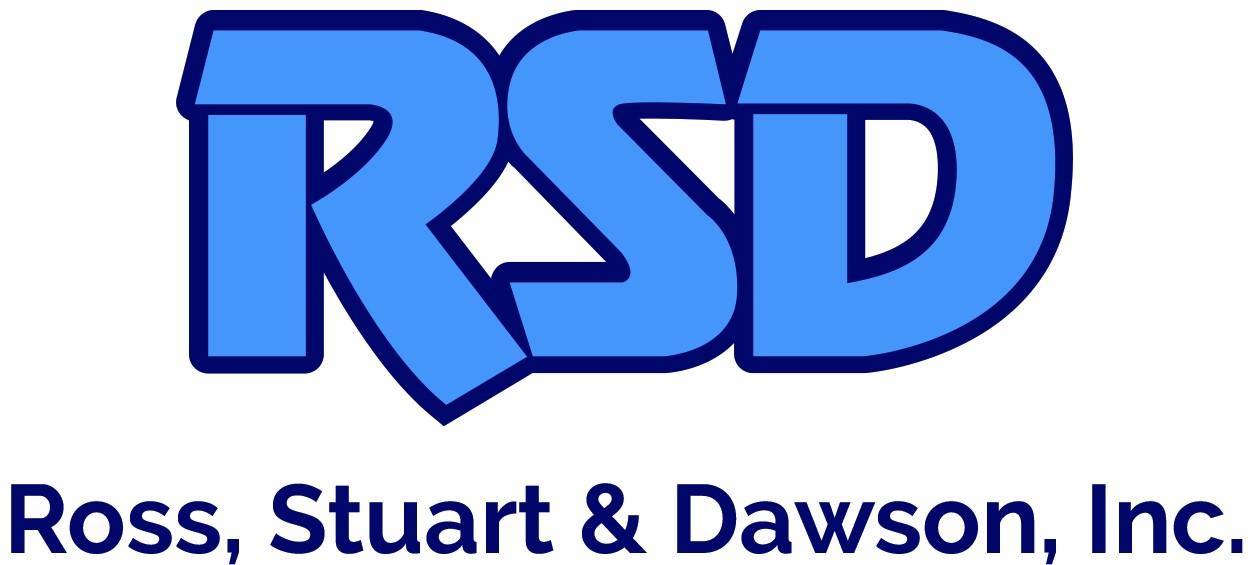What to Do When a Client Goes Silent on an Invoice
When a client suddenly goes silent on an invoice, what should your business do?
Collecting on past-due accounts—and recovering cash flow—is as much about strategy, timing, and documentation as it is about persistence. Below is a structured roadmap for businesses navigating non-responsive clients, interpreting what silence may mean, and knowing when to bring in expert collection partners like RSD.
Understanding Why a Client Goes Silent
Silence on an invoice doesn't always mean bad faith. It can reflect a variety of underlying issues, including:
- Cash-flow issues or financial stress on the customer side.
- Invoice discrepancies or disputes, such as incorrect billing, missing line items, or unclear services rendered.
- Neglect, oversight, or poor internal tracking, especially if reminders were not systematically issued.
- Strategic delay or avoidance, including clients stretching payment terms intentionally.
Step-by-Step Plan
Here’s a step-by-step plan businesses can follow, from initial follow-up to third-party escalation.
Step 1: Immediate Follow-Up and Reminder Sequence
- Pre-due reminder a few days before the payment date, reducing the chance of missed payments.
- First overdue reminder shortly after the due date, using polite and professional language, assuming oversight rather than bad intent.
- Set a regular follow-up schedule, e.g. weekly or bi-weekly reminders via email.
- Use different communication channels (e.g. email and phone) to improve the chance of reaching the right contact.
Step 2: Documentation and Tracking
- Log every attempt: date, communication channel, message, and response (or lack thereof).
- Review the original invoice structure for clarity, completeness, and whether it includes clear due dates, itemized services, and terms and conditions.
Step 3: Investigate and Engage the Client
At the second or third follow-up, consider a direct outreach attempt:
Call the client and ask directly if they need the invoice re-sent, have concerns about the services, or if payment is delayed for internal reasons.
- If there is a dispute, invite them to discuss the issue.
- If cash-flow constraints are apparent, offer a structured payment, including due dates and consequences for missed payments.
Step 4: Third-Party Intervention and Collection
If internal collection efforts fail, engaging a professional third-party collector can become the next strategic step.
- A commercial debt collection partner brings industry expertise, knowledge of legal frameworks, and experienced negotiation.
- Engaging before an invoice becomes aged beyond several months will give you a better chance of recovering the full amount, as well as a chance to maintain the client relationship.
Ready to Escalate? We can Help with Commercial Debt Collection
Want to learn more or initiate the collection process? RSD is ready to help you recover what’s owed efficiently and professionally. Contact our friendly experts at (248) 370-8160 or by submitting a contact form.

